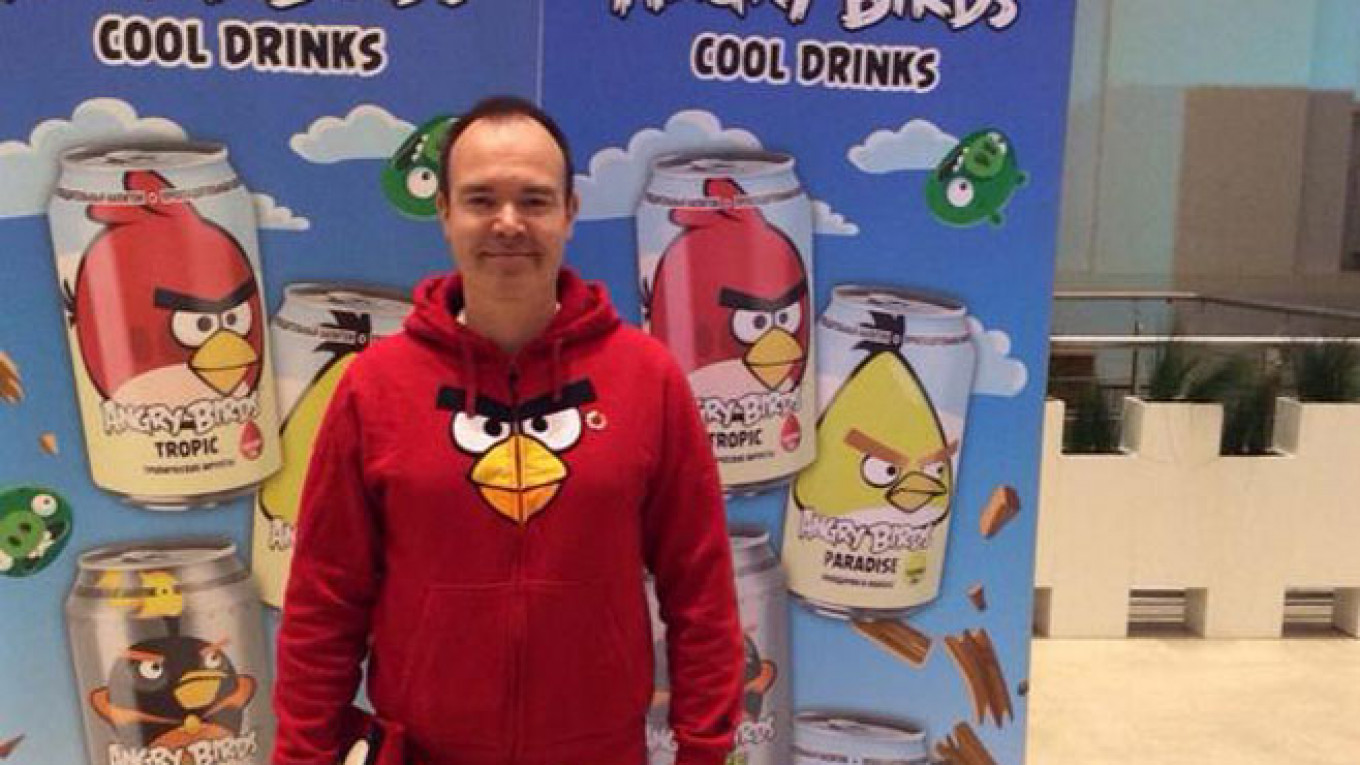Despite the Hollywood smiles and Silicon Valley enthusiasm brandished by speakers at Moscow's Global Entrepreneurship Congress on Tuesday, political and economic obstacles remain for Russian startups.
The conference is a four day event in which investors, entrepreneurs, and industry leaders meet to discuss their work, particularly in the context of developing markets. Tuesday's Start + Scale talks included presentations by Jeff Hoffman, founder of travel site Priceline, and Peter Vesterbacka, creator of mobile game Angry Birds.
The energetic tones and forceful gestures of speaker Ingrid Vanderveldt, entrepreneur in residence at Dell, were reminiscent of a Komsomolka, or jubilant female member of the Soviet Communist Party's youth wing, said event participant Artur Samayran.
Speakers routinely stressed that optimism, hard work, and comfort with failure were essential to the startup process. Entrepreneurs, Hoffman said, "ran on a fuel called hope."
Possible disadvantages that Russian entrepreneurs might face were discounted. "If three guys out of Helsinki can create Angry Birds, why couldn't the same happen here in Moscow or Rio, or anywhere on the planet?" Vesterbacka told the audience. Said Rahmani, formerly of IBM and now a venture capitalist in Iran, said "entrepreneurs do not give up because there are sanctions, inflation, and devaluation of currency."
However, some participants said geopolitical factors may hold back the Russian economy. Maurizio Forte, director of the Italian Trade Agency in Moscow, said that he was worried about the worsening business relationship between Europe and Russia due to the political crisis in Ukraine. "Daytime you build up a house and nighttime they destroy it," Forte said of Italian-Russian business relations.
Some venture capital experts do not see Russia's startup ecosystem as conducive to growth, at least in the short term. "There is a big cash base, mostly from oligarch-related companies, but there are very few good projects," said Alexandra Dieterink, director of Azure Invest Group, a private equity and venture capital advisory with experience in Russia. When good projects do exist, they may find it difficult to get off the ground, as Russian corporations are often unwilling to take a chance on using a startup's services.
It takes time to develop a strong startup ecosystem and Russia may yet create a successful one, Dieterink added.
The tech boom in Helsinki is due to a "very vibrant, very dynamic startup community, and that has also taken many years," Vesterbacka said.
Other participants noted a positive long-term trend. Konstantin Bylov, founder of Plazma-FTK, a medical technology company based in Moscow, began his career as an engineer in Soviet Union's space program, in the heyday of its competition with the U.S.
Now Bylov is not only an entrepreneur, but said he is pleased that he works closely with Americans with whom he used to compete.
Contact the author at [email protected]
A Message from The Moscow Times:
Dear readers,
We are facing unprecedented challenges. Russia's Prosecutor General's Office has designated The Moscow Times as an "undesirable" organization, criminalizing our work and putting our staff at risk of prosecution. This follows our earlier unjust labeling as a "foreign agent."
These actions are direct attempts to silence independent journalism in Russia. The authorities claim our work "discredits the decisions of the Russian leadership." We see things differently: we strive to provide accurate, unbiased reporting on Russia.
We, the journalists of The Moscow Times, refuse to be silenced. But to continue our work, we need your help.
Your support, no matter how small, makes a world of difference. If you can, please support us monthly starting from just $2. It's quick to set up, and every contribution makes a significant impact.
By supporting The Moscow Times, you're defending open, independent journalism in the face of repression. Thank you for standing with us.
Remind me later.






